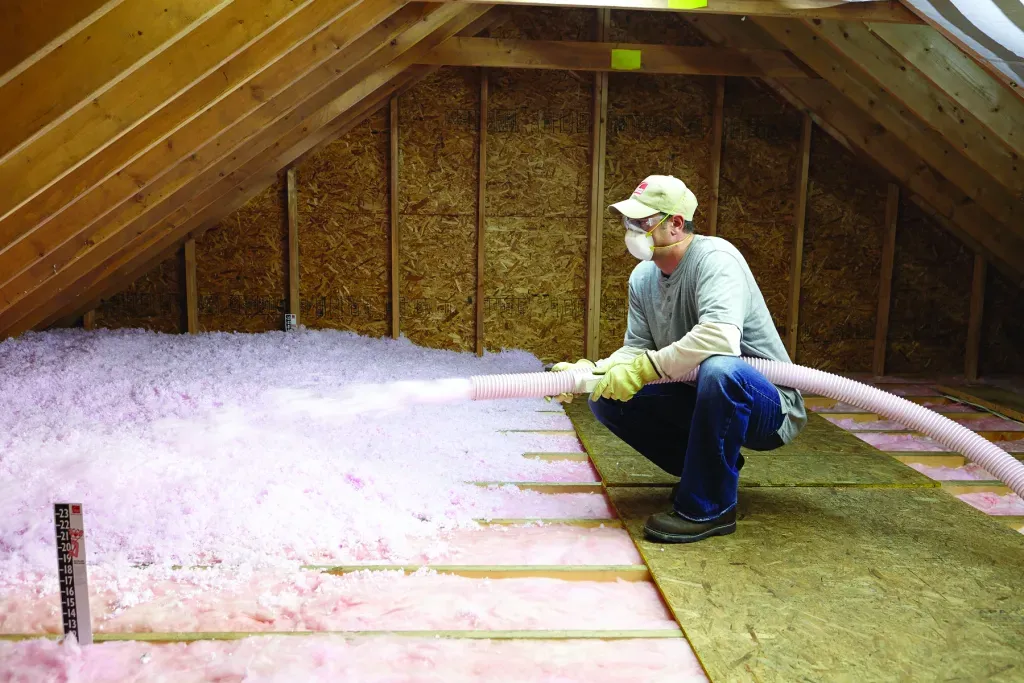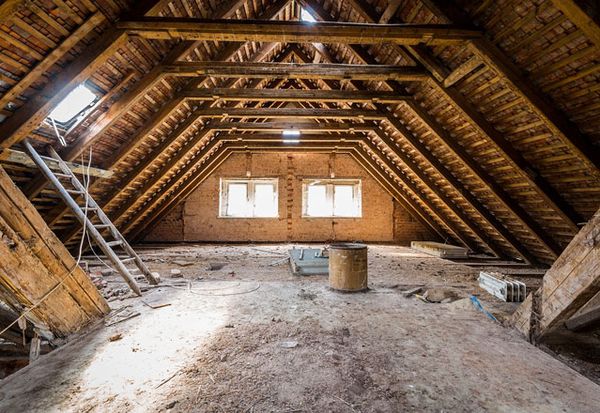Proper insulation in the attic is key to improving your home's energy efficiency and maintaining a comfortable living environment. Not only does it help regulate the temperature in your home, but it also reduces your energy bills and prolongs the life of your HVAC system. With numerous options available, choosing the best insulation for your attic can be overwhelming.
Let's dive into the best insulation for attics and find out the importance of proper insulation in attics, the different types of insulation available, and what you should consider when making your choice.
Importance Of Proper Insulation In Attics
The attic is one of the most critical areas of your home that requires proper insulation. It is the space between your roof and the rest of your home and can act as a heat sink in the summer and a cold sink in the winter.
If your attic is not adequately insulated, it can lead to significant heat loss in winter and heat gain in summer, resulting in a considerable increase in energy bills. Proper insulation helps regulate the temperature in your home, keeping it comfortable and reducing your energy costs.
Best Type of Insulation for the Attic
When it comes to the best attic insulation; there are several options to choose from. The most common insulation types include fiberglass, cellulose, and spray foam. Each type of insulation has unique properties and advantages, and your choice will depend on your specific needs and preferences.
● Fiberglass Insulation
It is a well-known option for various homeowners. It is made from recycled glass and is widely available. It is easy to install and relatively inexpensive, but it can be messy and cause skin irritation.
● Cellulose Insulation
It is created from recycled newspapers and is known for its eco-friendly properties. It is also easy to install and relatively inexpensive, but it can settle over time, reducing its insulation properties.
● Spray Foam Insulation
It is an expensive insulation option, but it is also the most effective. It is applied as a liquid that expands and hardens, creating a continuous barrier against air and moisture. It is also the most eco-friendly option, but it is also the most difficult to install.
Factors To Consider When Choosing Insulation For Your Attic
When it comes to how to insulate an attic and how to choose? There are several factors you should consider, including:
➢ Climate
The climate in your area will play a significant role in determining the type of insulation you choose. You may opt for more effective insulation in areas with severe weather conditions to keep your home comfortable.
➢ Budget
Insulation can be expensive, so it's essential to consider your budget when making your choice. Fiberglass and cellulose are the most affordable options, while spray foam is the most expensive.
➢ R-value
The R-value of insulation refers to its ability to resist heat flow. The higher the R-value, the better the insulation's ability to regulate the temperature in your home.
➢ Personal Preferences
Consider your personal preferences when choosing insulation. For example, cellulose insulation may be the best choice if you're looking for an eco-friendly option.
Pros And Cons
Each type of insulation has its advantages and disadvantages. When considering your options, weighing the pros and cons to determine which type of insulation best meets your needs is essential.
1. Fiberglass
Pros - Inexpensive, widely available, easy to install.
Cons - Messy can cause skin irritation.
2. Cellulose
Pros - Eco-friendly, inexpensive, and easy to install.
Cons - Can settle over time, reducing insulation properties.
3. Spray Foam
Pros - Energy Efficiency, comprehensive coverage to your attic, helping reduce air leakage and retaining the temperature inside the home.
Cons - High cost makes it difficult for them to afford this insulation solution for their attic.
Conclusion
The best insulation for attic depends on several factors, including climate, budget, and personal preferences. Whether you choose fiberglass, cellulose, or spray foam insulation, selecting a product that will effectively meet your insulation needs is the most important thing. Make sure to work with an insulation contractor who can help you determine the best attic insulation options for your home.


